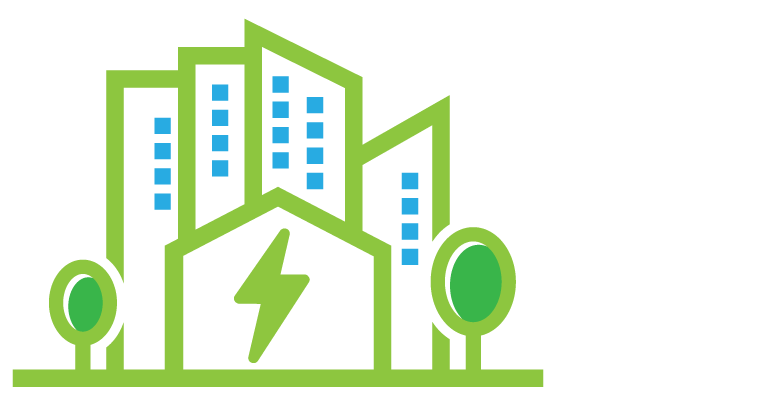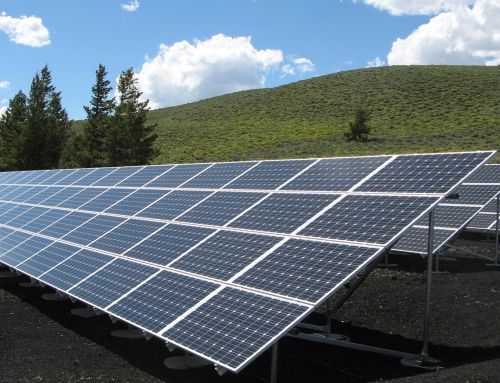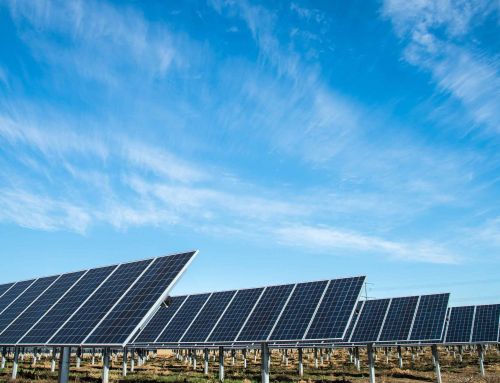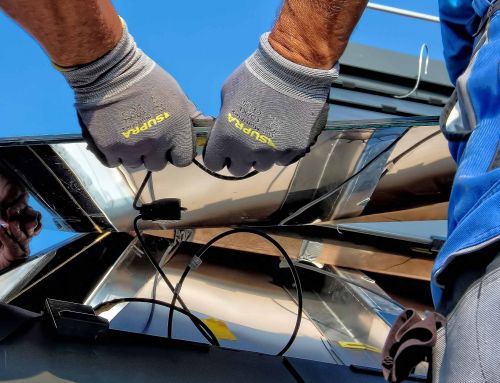Facilitating large-scale deployment of V2G projects
The objective is to reduce the energy cost and carbon footprint through:
One of the expected benefits is to demonstrate a clear and transparent business model for large-scale deployment and replication of V2G projects.
Energy optimisation & flexibility provision
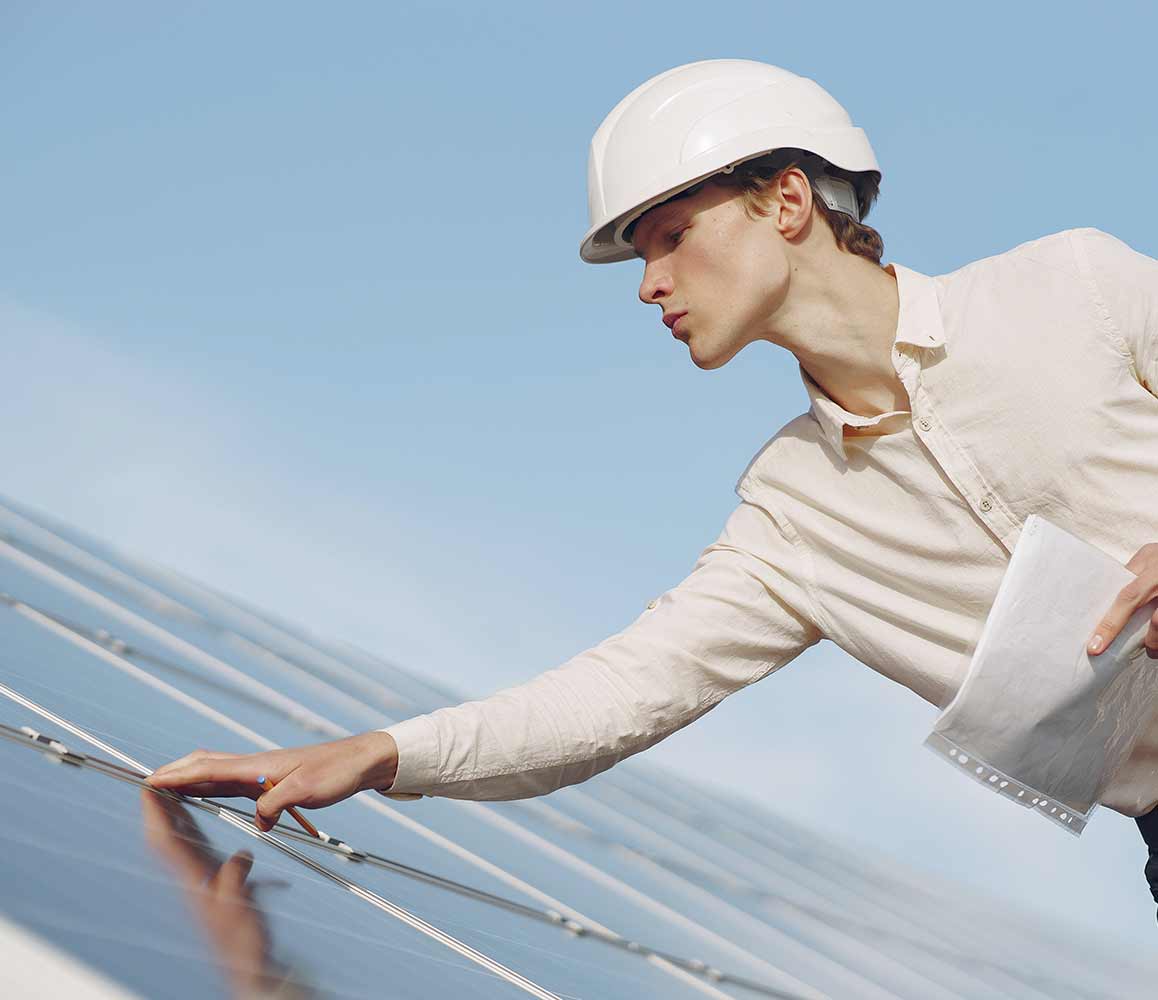
Smart EV Charging Optimisation
Enable the site owner to reduce total energy costs and increase flexibility by allowing the Customer Energy Manager to control the charging stations based on price signals from the retailer, the capacity of renewable energy (PV) generated at the site, and the EV charging profiles
Grid flexibility with Vehicle-to-Grid
Compatible Vehicle-to-Grid EVs that are connected to the charging points are used to push back energy to the grid when requested by the Distribution System Operator for grid load balancing. The Customer Energy Manager manages the requests in accordance with the EV user profiles, and incentives are implemented to motivate EV users to participate in the events
Cheaper electricity
To reduce the electricity bill, EV users can choose to sign up for demand response programs in an app, based on either receiving notifications they can react upon or through automatic schedule control for lowest price possible, with both instances respecting the defined departure time
